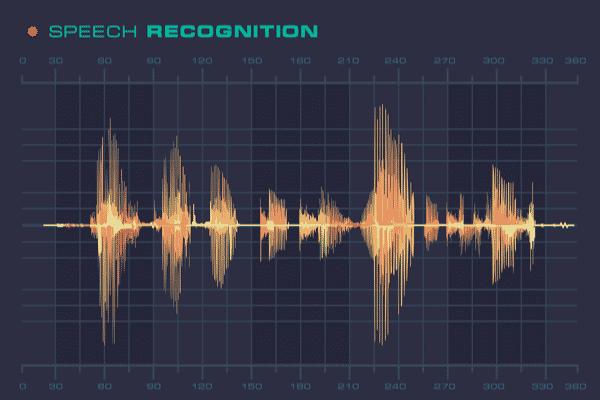Tel Aviv-based transcription platform Verbit raised USD 23m in a Series A round led by Viola Ventures toward the end of January 2019. HV Ventures, Oryzn Capital, Vintage Venture Partners, and ClalTech also participated in the round, which brings Verbit’s total funding raised to USD 34m.
Verbit offers video and audio transcription services primarily through AI-powered automated speech-to-text technology refined through a network of human transcribers and post-editors.
In an article on the funding round, company CEO Tom Livne claimed the platform can transcribe an hour of audio in five minutes. He also said the vast amounts of transcribed text can be analyzed for patterns and insights through natural language processing (NLP) technology, noting that Verbit’s model has attracted “more than 100 customers in legal and higher education.”
Slator reached out to Livne for more information on the company and its latest funding round.
Court Reporter Shortage
Livne declined to comment on the company’s valuation but shared a few other interesting details including some of the most common client use cases.
In the education sector, Livne said Verbit fulfills the requirement for higher education institutions to provide captioned videos and full academic transcription for deaf or hearing-impaired students. He said some education sector clients include the London Business School, Stanford, Harvard, FIT, Brigham Young University-Idaho, and the University of California, Santa Barbara, as well as online course providers Coursera and Udacity.
“In the legal industry, Verbit’s solution is able to help tackle the court reporter shortage and provide companies with the technology to make reporters more efficient to cover all jobs,” Livne said.
Livne appears to have come full circle from his original inspiration for the company. “Before I found myself in the world of tech startups, I began my career in law, where transcripts are essential. I was often unsatisfied with the slow turnaround time for a finished transcript,” Livne said, adding, “Drawing on my prior experience with legal transcription, I felt that this was an important need in the market and that a viable solution could be found with the right technology.”
In the same article on the latest funding round, Livne explained that the money will go into accelerating expansion in the US as well as developing new capabilities for the platform.
For now, Verbit is mostly confined to the US as its key geographic market and region with the most clients. The platform currently supports English and Spanish, Livne said, adding that they intend to “expand to support other languages according to the market demand.”
Transcription vis-à-vis Translation
Transcription shares a number of similarities to translation in terms of the supply chain and, now, the underlying NLP technology. In fact, companies like France-based Ubiqus employ tech stacks that enable them to develop their automatic transcription and translation solutions at the same time.
If Slator’s own experience with a different AI-supported transcription platform is any indication, the technology has developed far enough to be quite helpful for very clear audio files; although it still struggles with background noise, accents, and differentiating speakers. This parallels developments in neural machine translation: now more useful than ever albeit with limitations.

